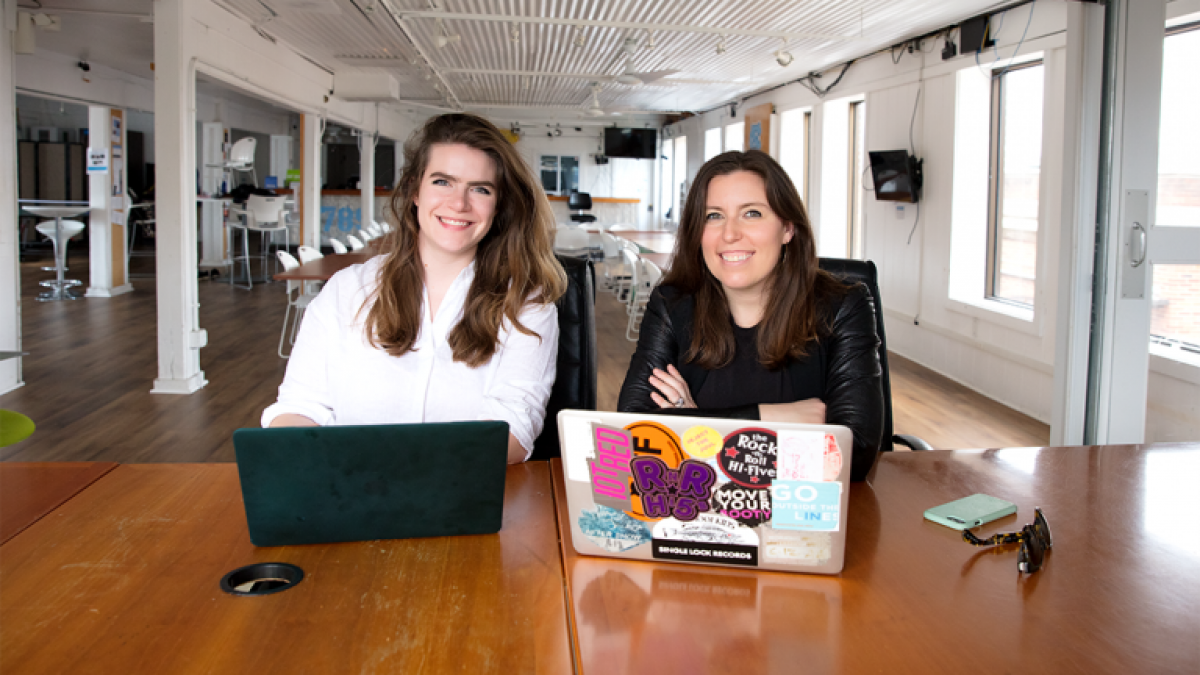Child care conundrum
How can health care workers combat COVID-19 without child care coverage? A UNC-Chapel Hill task force helps them find personal and professional balance.

To care for your child or for pandemic-stricken patients? It’s a choice that most health care professionals – or parents – never imagined they’d face. But due to an upsurge in COVID-19 cases and dwindling child care options, it’s an unsettling reality.
When Liz Chen answered an early-March phone call from her UNC-Chapel Hill department chair, Kurt Ribisl, to discuss potential solutions, she wasn’t sure how she would help tackle this problem. She just knew that she was ready to get started.
Chen, an assistant professor at the UNC Gillings School of Global Public Health, is co-leading the UNC Task Force for Child Care for Health Care Workers. Its mission is urgent: to find solutions to emergency child care services needed by employees of the UNC Health system and UNC School of Medicine. Coronavirus-induced school and daycare closings have turned their lives into logistical conundrums.
How can they be on the frontlines caring for a swelling number of patients or maintaining essential hospital operations when there’s no one to care for their own children?
“We keep hearing from health care employees that this feels like an impossible situation,” Chen said. “They feel a sense of urgency and duty to go to work.”
The task force — comprised of Carolina faculty, staff, grad students, UNC Health leaders and other public health experts — is focused on helping employees in departments most taxed by the COVID-19 surge: intensive care units, respiratory care, emergency rooms, food services and environmental services.
When Ribisl, who serves as the department chair for health behavior at the Gillings School, contacted Chen to see if she could play a leading role, he asked her to assemble a team quickly. She and her co-lead, Hannah Prentice-Dunn, a project manager at the UNC Lineberger Comprehensive Cancer Center, moved to immediately define the problem.
“We weren’t sure exactly what our tasks would be, but we knew that we would serve in an info-gathering, synthesizing and connecting role,” said Chen, who also serves as the design thinking lead at Innovate Carolina, the campus-wide initiative for innovation and entrepreneurship. “In the first week and a half, we met with officials and stakeholders to understand peoples’ concerns and match those with existing solutions, or to imagine new solutions.”




